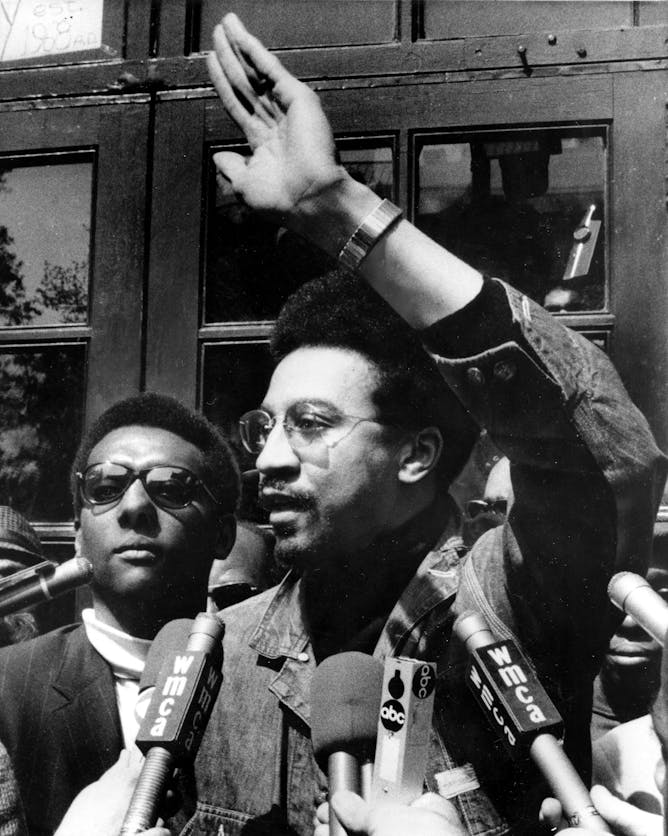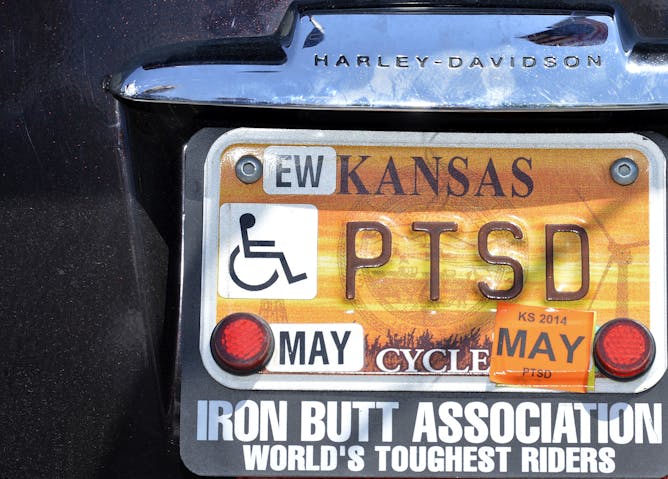|
I’d like to introduce you to The Conversation US’s first ever podcast, “Heat and Light: Stories from 1968, the year that changed America.” We’re excited to be bringing our unique scholar-journalist collaboration to audio and we hope you’ll enjoy the listen as much as we’ve enjoyed the production. As you’ll hear, with this limited series, we’re looking not just to tell compelling stories from fifty years ago and not just to explore why they’re still relevant today. We have also captured the personal stories of our historian-interviewees and how and why they got involved in studying these events in the first place – be prepared for some surprising
insights into today’s academic world.
We hope that Heat and Light is just the first of many podcasts from The Conversation US and we’re looking to you to help us make sure that’s the case. Let us know what you think about this series, tell us what subjects you’d be interested in us tackling on future podcasts and spread the word among your friends and networks.
From all of us at The Conversation US but especially Heat and Light host Phillip Martin, producer Maria Murriel and associate producer Jonathan Gang, thank you in
advance for listening!
    
|

Black power militant H. Rap Brown and Stokely Carmichael (right) appeared at a sit-in protest at Columbia University in New York City on April 26, 1968.
AP
Stefan M. Bradley, Loyola Marymount University
The 1968 protests at Columbia University led the institution to abandon a gym project that residents considered racist and cut off its defense work – and generated worldwide attention in the process.
|

The poor treatment of Vietnam War veterans, many of whom had PTSD, angered Natasha Zaretsky’s Midwestern students.
REUTERS/Mike Theiler
Natasha Zaretsky, Southern Illinois University
A scholar raised by leftist San Francisco parents in the 1970s ends up teaching in the heartland, where her students represent a very different kind of politics. What she learns from them is profound.
|